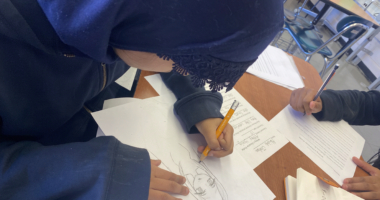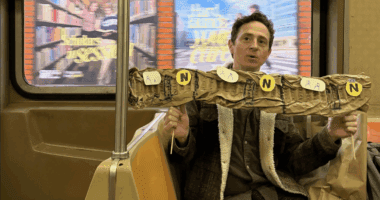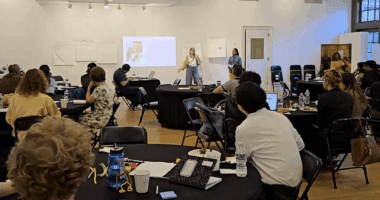I’m not a poet. I’m not a writer. I was never that student who copies song lyrics into their notebook; I never doodled in the margins of a page.
So on the second day of CWP’s Summer Institute, when I was asked to write a poem about the murder of Sean Bell on his wedding day in Queens, I had a moment of pause. I looked at my paper and didn’t know what to do. But this was not any ol’ writers block.
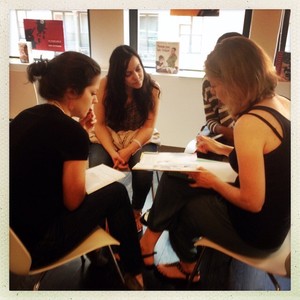
My creative practice is with documentary storytelling, which means people tell their own stories – they are the authority on their own experience after all. Sean Bell cannot tell his story now, and this stumped me.
I also didn’t know what to write because I’m white, and police violence isn’t something I have a personal relationship with. My whitewashed education taught me that police officers helped people, not hurt them, and that their job is to protect; that people don’t get murdered because of their skin color, especially by those in uniform. However, this has been the reality for a long time and I’m ashamed that it took me the overwhelming majority of my life to learn that this is happening all around me.
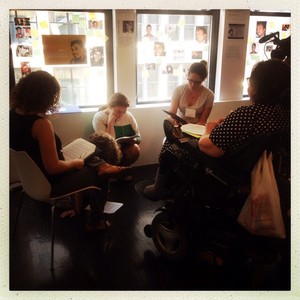
But here I am, and now I know.
With this new understanding of the world around me, I was asked to write a poem about the murder of Sean Bell. It’s part of my responsibility as an increasingly-aware white woman to find words to talk about this. Even if it makes me uncomfortable, and my creative practice is not in written language, it’s my responsibility to use every tool in my creative and expressive self to find my words to speak loudly about what happened. To use my words to explain to people who do not know what is happening. That is part of the responsibility of privileged people who engage in social justice work.
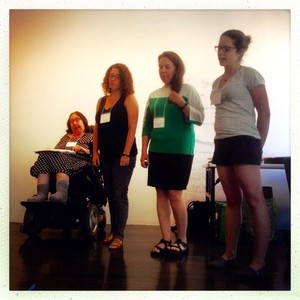
It’s uncomfortable for me to write about this, to speak about this, to feel this sadness and anger – it’s very new to me. Coming to the Summer Institute was a commitment I made to practice doing social justice work. To make mistakes surrounded by supportive, brave, expressive people who are themselves practicing. To always listen deeply, and then figure out how to collectively speak loudly.
-Carly McCollow, 2015-14 TATIP Graduate, Theatre Artist
Interested in Summer Institute? Find out more about it in our Summer Institute 5.0 Anthology.
Want to know more about Professional Developement opportunities with CWP? Check out our Teaching Artist Training & Internship Program (TATIP).

